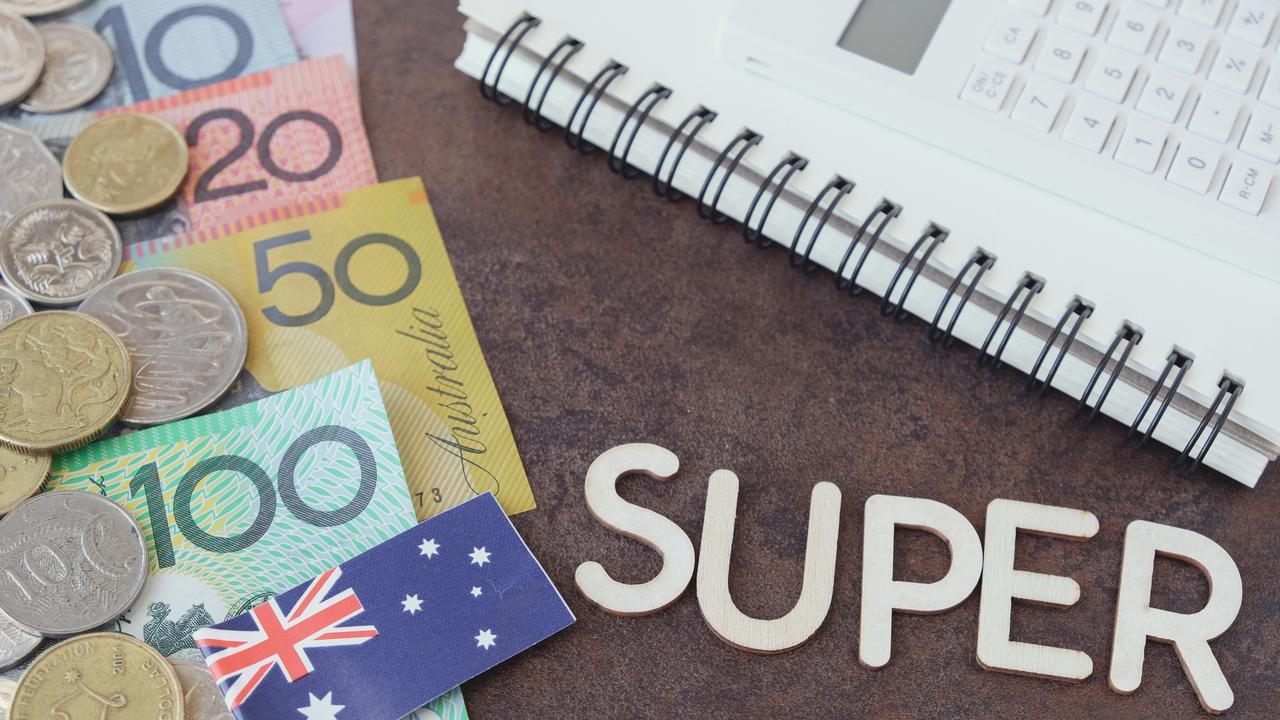Super fund members rarely think about how the value of their account is calculated and whether it is accurate. They accept the figure online or in the annual report. Is it accurate?
Super funds own different types of investments. Most are traded on a market, with prices agreed between buyers and sellers. These provide accurate asset valuations.
Shares are traded on share markets, in Australia and overseas. Government bonds and income securities are traded in fixed interest markets. Some property investments are traded on share markets – Stockland, Mirvac, Westfield. There are overseas equivalents.
However some super funds, especially industry funds, hold large amounts in unlisted investments. They are not traded on any market. They include infrastructure, commercial property, and private equity. How are they valued when there is no ready or transparent market for them?
The Australian Prudential Regulatory Authority (APRA) is very concerned that funds may be overvaluing these assets to enhance fund performance. They have been insisting to fund managers, trustees and auditors that valuations must reflect true market values.
This is important because members contribute and switch super funds every day. Buyers may be being overcharged and sellers overpaid. Young people may be getting too little for their contributions while retirees exiting the fund are being paid too much.
The Australian Financial Review says 23 per cent of “Balanced Fund” assets are now unlisted with the best performed funds having the highest weighting. There are claims that the values of some assets haven’t changed even though rising interest rates have seen the prices of equivalent listed assets drop.
It is very difficult for any fund manager to consistently outperform. If they do, people ask why. Who values these unlisted assets? Is it external valuers? Even if so, a slightly higher valuation may get them the job again next year.
Most public-offer super funds avoid unlisted assets because they are illiquid. A run on a fund can require large amounts of cash to be paid out quickly, like Silicon Valley Bank and Credit Suisse. Holding illiquid assets is risky.
When the Government allowed people to draw $20,000 from their super during Covid times some industry super funds had to make emergency arrangements to borrow money to fund withdrawals. It wasn’t required but provided a wake-up call.
APRA’s insistence on correct valuations may cause super fund accounts holding unlisted, illiquid investments to fall over the coming months. Some members may choose to change funds just in case.

